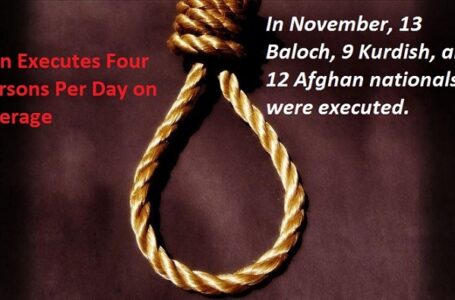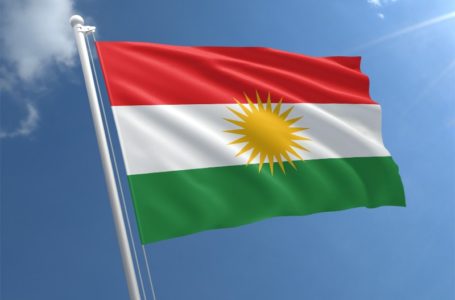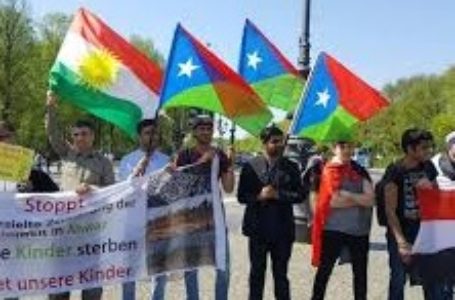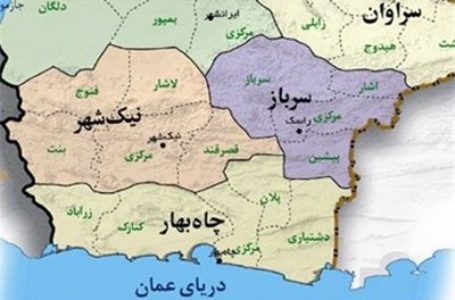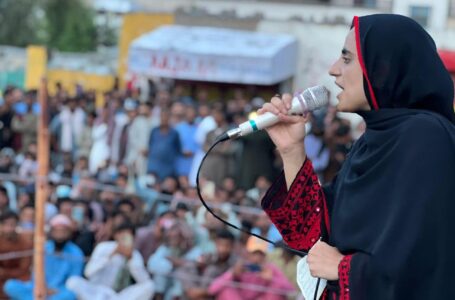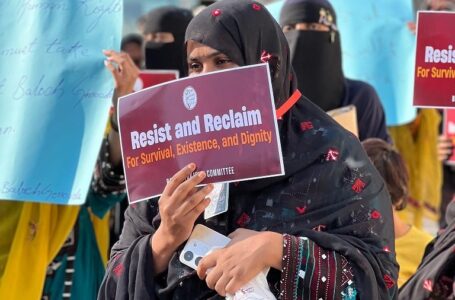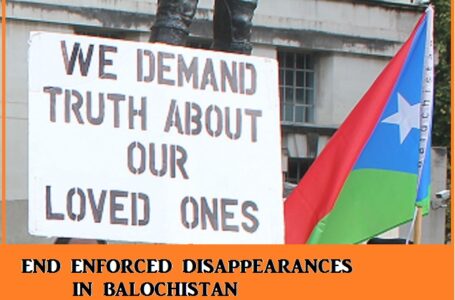The Case for a Free Balochistan: A Catalyst for Regional Stability and Prosperity
The history of Kurdistan: why Britain owes a debt to the Kurdish people
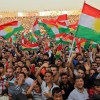
Since becoming part of Iraq in the settlement after the First World War, the Kurds have suffered a turbulent history. It is worth remembering that the Treaty of Sèvres, backed by the UK, had originally promised a Kurdish state that would have mirrored the boundaries of the present-day state envisaged by the Kurdistan Regional Government (KRG).
Such hopes were dashed, however, by the Treaty of Lausanne, which did away with this promise and brought the incorporation of the three Kurdish provinces into a centralised Kingdom of Iraq. In this regard, I have always felt that Britain in particular has owed a debt to the Kurdish people, especially when considering its role in shaping the borders of the modern Middle East as part of the Sykes-Picot agreement.
The Kurds represent a minority people of Iraq, with a language, culture and identity distinct and separate from the Arab majority. For much of the past century those traditions have been marginalised and the interests of the Kurds sidelined.
In the Saddam years there was a deliberate process of persecution and “Arabisation” of Kurdish areas, culminating in the late 1980s with the Anfal campaign that destroyed thousands of villages and killed huge numbers of civilians. The chemical weapons attack on Halabja in March 1988 killed as many as 5,000 in a day.
In recent years we have seen the region threatened by Isis and the hugely important role played by brave Kurdish Peshmerga soldiers in ground operations assisting the coalition against the Islamist extremists – in particular preventing the genocide of Yazidis and other minorities.
Territorial integrity and self-determination are not absolute principles. I believe that each case should be assessed on its merit and in its historical context. We should not therefore allow examples such as South Sudan and Eritrea to deter us from welcoming emerging states by allowing negative connotations to cloud judgements.
The secession of Kurdistan from Iraq would not mark a dramatic revolutionary event but rather the final point of an evolutionary process that was set in motion in 1991. Operation Provide Comfort, led by the US and the UK, enforced a no-fly zone over much of the area corresponding to the Kurdistan Region in Iraq today.
Since then the development of a proto-state has emerged with the Kurdistan Regional Government (KRG) running a wide range of functions, including securing and policing its borders with full visa issuing facilities, commanding its armed forces and overseeing a foreign affairs department with missions across the globe.
The region has a constitution, a parliament, a judiciary and other necessary state institutions. I certainly recall from my own visit the feeling of being in a separate country, and one that was very different from Iraq.
Memories of civil war in the 1990s between the two main parties are of course a worry to some, and recent tensions regarding the operation of the parliament and disagreement over proposed electoral changes have given rise to concerns that the achievements of the past three decades are being lost.
To those detractors I would point out that the rise of Isis placed a huge strain on Kurdistan’s finances, with the arrival of nearly two million refugees in a population of just over five million, and its armed forces have been fighting the Isis insurgency for more than three years. In such circumstances it is not surprising there have been some political tensions.
But the institutions are weathering the storm, even in their relative infancy, and the KRG remains a stable polity. As the threat from Isis dissipates across Iraq and Syria, Kurdistan can begin to turn its attention again to the internal integration process, develop its institutions and grow its economy.
I believe that the Kurds have a strong case for statehood in Iraq, and that the international community should contemplate carefully the result of the 25 September referendum. Just as Armenia and Israel have become homelands, so too an independent Kurdistan could be a draw for the large Kurdish diaspora in neighbouring countries and across the wider world.
If, as expected, the result backs independence and the Kurdish people are fully aware of the risks and challenges that this will present, I shall be one of the first to support it.
Courtesy: The Telegraph

